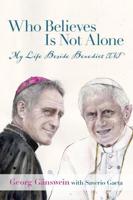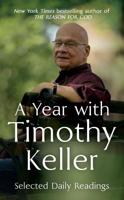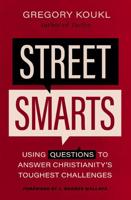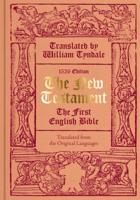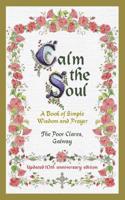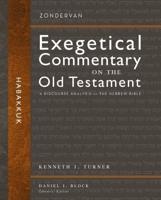Publisher's Synopsis
Volume One of the works of Martin Luther contains numerous theological essays, treatises and correspondences, together with a list of the Biblical references which are numerous in his writings.
Throughout his life, Martin Luther authored a variety of academic treatises concerning matters of the Christian faith. A professor of theology as well as a monk and priest, Luther was a prominent and divisive figure who readily expressed views on his religion at odds with the established order. Famous for his pivotal role in the Protestant Reformation of the 16th century, Luther's voracious writings would shape Christianity over the centuries following his life.
This volume commences with the famous document The Disputation Of Doctor Martin Luther on the Power and Efficacy of Indulgences. This is better known in the modern day as The Ninety-Five Theses, which were famously published in 1517 as justification for reform of the Christian faith, which underwent the Protestant Reformation in the subsequent decades.
After the theses, we find various letters to the scholars of the day as well as to the Pope. Luther's treatises regarding baptism, and his extensive discussions of the confession, follow. After this, we encounter Luther's lengthy document, Fourteen of Consolation (Tessaradecas Consolatoria) the first part of which constitutes Luther's explanations of a variety of evils which occur in life. The second part conversely discusses the blessings which happen during a person's Earthly existence.
Following on from this, we find two of Luther's most famous treatises and their corresponding dedications; The Treatise of Good Works and The Treatise on the New Testament. Finally, this volume concludes with To the Papacy at Rome - An Answer to the Celebrated Romanist at Leipzig.
The translations and introductions of Martin Luther's works present in this edition are by two scholars possessed of both sensitivity to Christian history and a strong command of the German and Latin in which Luther penned most of his life's works. Henry Eyster Jacobs and Adolph Spaeth do great and dignified justice to the voluminous texts Luther wrote in his lifetime, making this collection essential for scholars and general readers interested in the Reformation and the history of Christianity.





